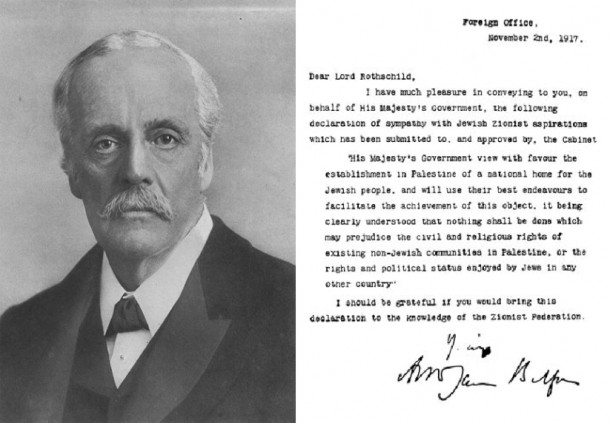


Several of the most prominent revolutionaries, including Leon Trotsky, were of Jewish descent. Britain adopted similar thinking when it came to the Russians, who were in the midst of their revolution. How better to shore up an uncertain ally than by endorsing Zionist aims?Ĥ. A further motive – the American dimension: James Gelvin, a Middle East history professor, claims that issuing the Balfour Declaration would appeal to President Woodrow Wilson’s two closest advisors, who were Zionists.”The British did not know quite what to make of President Woodrow Wilson and his conviction (before America’s entrance into the war) that the way to end hostilities was for both sides to accept “peace without victory.” Two of Wilson’s closest advisors, Louis Brandeis and Felix Frankfurter, were avid Zionists. They believed the Jews controlled the world. The men who sired it were Christian and Zionist and, in many cases, anti-Semitic. Was the product of neither military nor diplomatic interests but of prejudice, faith and sleight of hand. Segev concludes: the British entered Palestine to defeat the Turks they stayed there to keep it from the French and they gave it to the Zionists because they loved ‘the Jews’ even as they loathed them, at once admiring and despising them. Thus the Declaration Others would put the emphasis more on the Christian Zionist element in the Cabinet.Īccording to Mayir Verete (‘The Balfour Declaration and its Makers’, Middle Eastern Studies, 6 (1), January 1970) the letter was the work of hard-headed pragmatists, primarily motivated by British imperial interests in the Middle East – it was the desire to exclude France from Palestine, rather than any sympathy for the Zionist cause.ĭavid Fromkin supports the imperialist interests motif: He cites Leonard Stein’s conclusion is that it was the activity and skill of the Zionists, and in particular Dr Chaim Weizmann, the remarkable Belarus-born chemist who would become the first President of Israel), that induced Britain to issue the letter addressed to Lord Rothschild.

According to Avi Shlaim, there are two main schools of thought: There is still conflict as to which motive for the Balfour Declaration is stronger – there are at least three motives, and some may interlock:ġ. Introduction – what motivated the Balfour Declaration? (Powerpoint of Key Players)


 0 kommentar(er)
0 kommentar(er)
